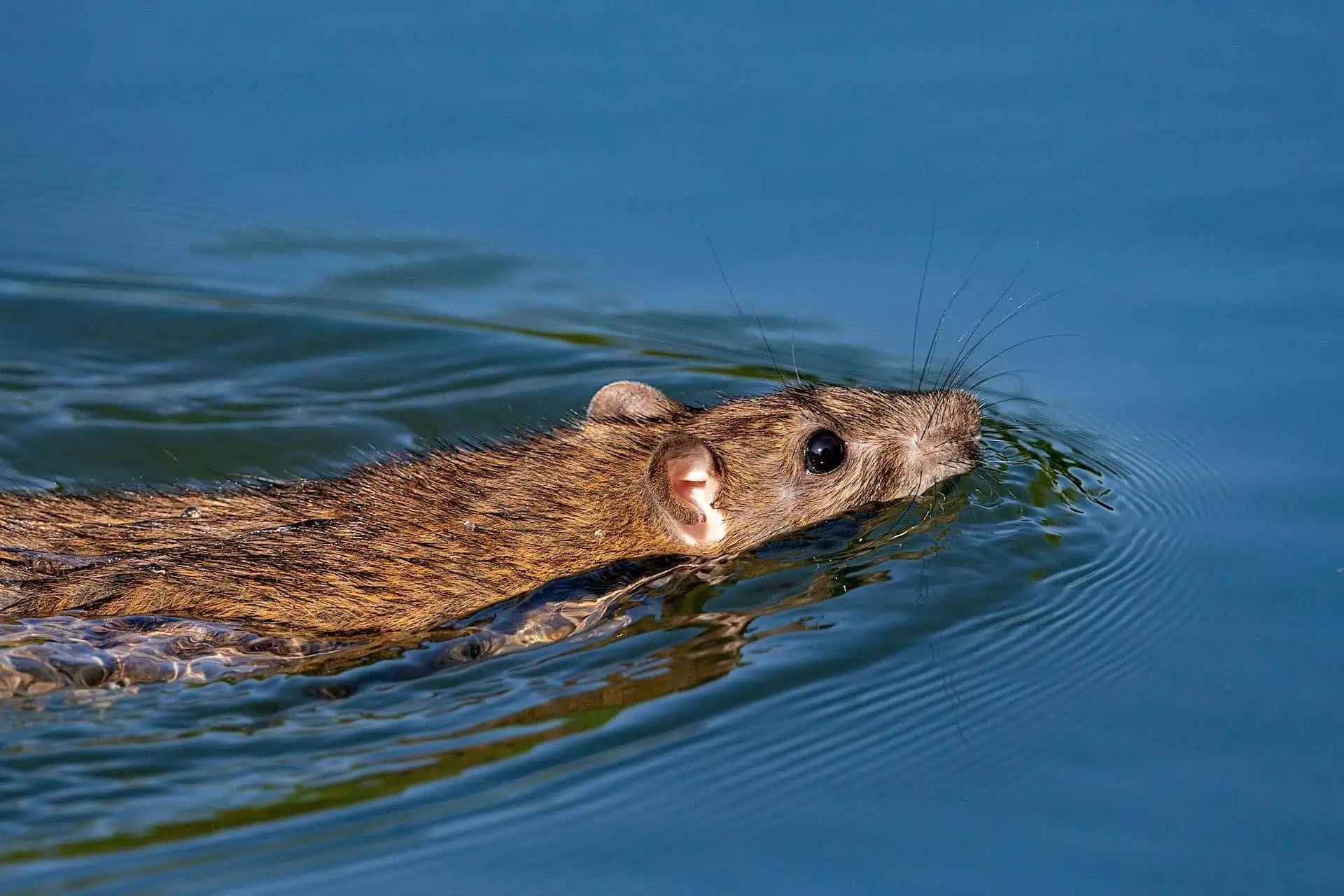Have you ever wondered about the underwater capabilities of rats? The question, "can rats hold their breath?" has intrigued many, particularly those interested in animal behavior and physiology. In this article, we will dive deep into this fascinating topic, exploring the physiological adaptations of rats that allow them to survive underwater and the implications of these abilities in their natural habitat.
Rats are often seen as pests, but they possess unique traits that make them remarkable creatures. Understanding their ability to hold their breath can shed light on their survival strategies in the wild. In the following sections, we will examine the anatomy of rats, their breathing mechanisms, and how they respond to water environments.
This exploration aims to provide you with a comprehensive understanding of whether rats can hold their breath and the science behind it. So, let’s get started!
Read also:Ryan Eggold Wife A Comprehensive Insight Into His Personal Life In 2024
Table of Contents
- Introduction to Rat Physiology
- How Do Rats Breathe?
- Can Rats Hold Their Breath Underwater?
- Physiological Adaptations of Rats
- Scientific Research on Rats and Water
- Comparison with Other Animals
- Rats in Aquatic Environments
- Conclusion
Introduction to Rat Physiology
Rats belong to the family Muridae and are known for their adaptability to various environments. Their physiological structure plays a crucial role in their ability to survive in challenging conditions. Rats have a unique respiratory system that allows for efficient gas exchange, which is vital for their survival.
Basic Anatomy of Rats
The rat's respiratory system consists of:
- Two lungs, which are responsible for oxygen exchange.
- Bronchi and bronchioles that lead air to the lungs.
- Diaphragm that assists in the breathing process.
How Do Rats Breathe?
Rats breathe in a manner similar to humans. They take in oxygen through their nostrils, which then travels down the trachea and into the lungs. The diaphragm plays a significant role in this process, contracting and relaxing to facilitate airflow.
Rats are obligate nasal breathers, meaning they primarily breathe through their noses. This adaptation helps filter and humidify the air before it reaches the lungs, enhancing their respiratory efficiency.
Can Rats Hold Their Breath Underwater?
Yes, rats can hold their breath underwater, but their ability to do so is limited compared to aquatic animals. When submerged, a rat can hold its breath for approximately 30 seconds to 1 minute. This time can vary based on factors such as the rat’s physical condition and the water temperature.
Physiological Adaptations of Rats
Rats have developed several adaptations that aid their survival in aquatic environments:
Read also:Exploring The Fascinating World Of Keely Shy A 2024 Guide
- Body Structure: Rats have a streamlined body that allows them to navigate through water more efficiently.
- Fur Density: Their fur is waterproof to some extent, helping to keep them buoyant.
- Behavioral Adaptations: Rats are known to swim when necessary, using their limbs to paddle through water.
Scientific Research on Rats and Water
Research on rats and their ability to navigate water environments has provided valuable insights into their behavior and physiology. Studies indicate that rats can swim over long distances when needed, often in search of food or escaping predators.
One study published in the Journal of Experimental Biology found that rats can swim up to 300 feet and can hold their breath for nearly a minute. This ability is crucial for their survival in urban environments where they may need to cross bodies of water.
Comparison with Other Animals
When comparing rats to other animals, it is evident that their breath-holding capabilities are not as advanced as those of aquatic mammals like seals or otters. However, they outperform many terrestrial animals in swimming efficiency.
Breath-Holding Abilities of Other Animals
Some notable comparisons include:
- Seals: Can hold their breath for up to 2 hours.
- Otters: Typically hold their breath for about 5 minutes.
- Rats: Hold their breath for approximately 30 seconds to 1 minute.
Rats in Aquatic Environments
Rats often inhabit areas near water sources, such as rivers, lakes, and sewers. Their ability to swim and hold their breath is advantageous in these environments, allowing them to evade predators and search for food. Additionally, their adaptability enables them to thrive in urban settings where water bodies are prevalent.
Conclusion
In summary, rats can indeed hold their breath, but their capabilities are limited compared to more specialized aquatic animals. Understanding the physiological adaptations of rats helps us appreciate their resilience and survival strategies in various environments.
If you found this article informative, please leave a comment below or share it with your friends. For more interesting topics on animal behavior, feel free to explore other articles on our site!


